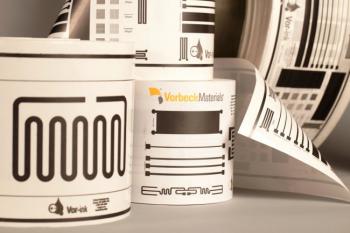Vorbeck Materials and Batelle (who operates the DoE's PNNL laboratory) signed a commercial license agreement that will Vorbeck to commercialize lithium batteries incorporating Vor-x graphene technology. Those new batteries will charge faster than current Li-Ion batteries. The research effort of PNNL and Vorbeck may also lead to more stable batteries that have a higher energy density and a longer life.

PNNL, together with Princeton University developed a "substantial" graphene-based battery technologies portfolio. This, combined with Vorbeck's own graphene technologies (in conductive inks, printed electronics, composite materials, and energy storage. PNNL's technology uses tiny titanium oxide and carbon structures. Using small quantities of Vor-x graphene can "dramatically improve the performance of the batteries". In fact, Electrodes containing graphene charged and recharged three times as fast as standard titanium dioxide electrodes.

